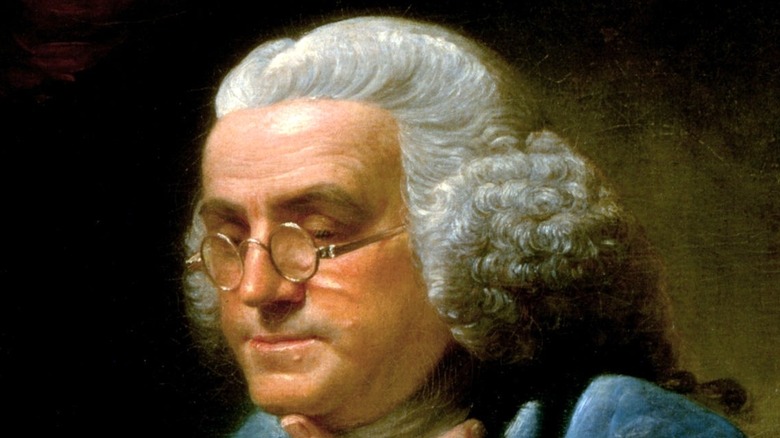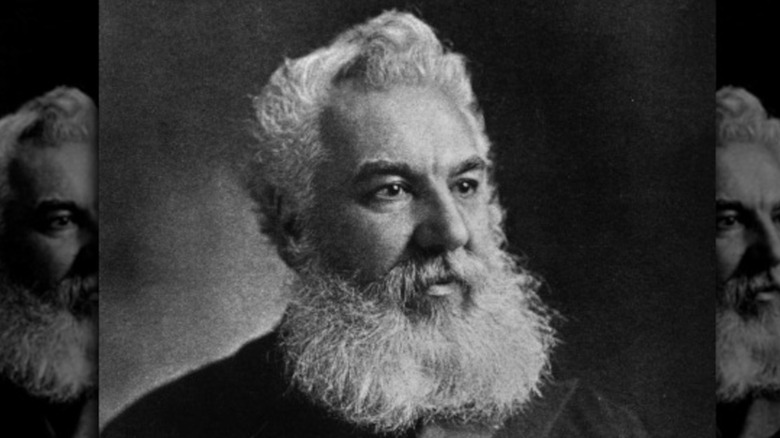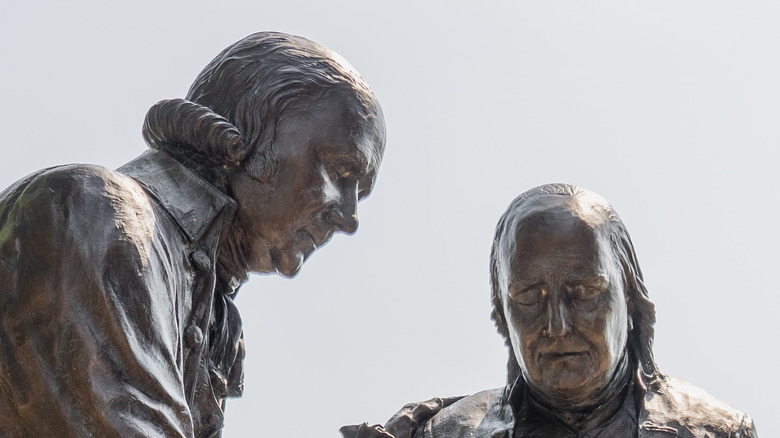
Newly Discovered Immune Cell ‘May Treat All Cancers’
In a perfect world, the only cause of death would be biblically old age. People would lead healthy, fulfilling lives until one day they closed their eyes while flights of angels sang them to their rest. But in this world, people die from debilitating illnesses like cancer. Unlike a virus or bacterial infection, cancer isn’t a horde of foreign pathogens infiltrating your body. It’s an army of mutated cells, corrupted parts of your own body proliferating uncontrollably and waging war against you. It’s nature’s cruelty on full display.
Per the World Health Organization, in 2018, cancer was the second leading cause of death around the globe. Responsible for about 1 out of every 6 deaths, it claimed 9.6 million lives between January and September of 2018 alone. It’s especially a death sentence in low- and middle-income countries, which account for an estimated 70 percent of cancer-related fatalities worldwide.
Of course, cancer isn’t a monolithic illness. Breastcancer.org says that “every cancer is different,” and “each cancer has its own genetic identity, or fingerprint, created by the DNA in its cells.” So even two people with breast cancer have unique forms of the illness. Per the CDC, lung cancer generally has two main forms, small cell and non-small cell, which develop differently and require different treatments. Thankfully, there may be a hitherto unknown T-cell in the body that can treat all those cancers the same.
Everybody's cup of T
As Newsweek details, in 2020 in the journal Nature Immunology published scientific findings indicating that a newly discovered part of the immune system has the potential to treat all forms of cancer. Specifically, a team of Cardiff University identified a type of T-cell in the blood that successfully killed lung, prostate, breast, bone, kidney, skin, cervical, and ovarian cancers as well as leukemia. This T-cell detects cancer by interacting with a molecule called MR1.
Even crazier, the researchers weren’t searching for it but simply stumbled across it accidentally. Lead author, Professor Andrew Sewell underscored the gravity of that surprise breakthrough: “This was a serendipitous finding, nobody knew this cell existed. Our finding raises the prospect of a ‘one-size-fits-all’ cancer treatment, a single type of T-cell that could be capable of destroying many different types of cancers across the population. Previously nobody believed this could be possible.”

The Unbelievable Story Of A Man Trapped In A Sunken Boat For 3 Days

Here's How Many UFO Sightings Have Been Reported In The Hudson Valley

This Bizarre Cheese Law Sounds Fake But Is Actually Real

Borley Rectory: The Truth About The 'Most Haunted House In England'

The Surprising Thing Paul Revere Did At The Battle Of Bunker Hill Battleground

The Untold Truth Of Paranormal Investigator Ed Warren

The Real-Life Event That Inspired Poltergeist

North Korea Opens Town Praised As 'The Epitome Of Civilization'

The Secret To Becoming Good At Math

Judges Too Ridiculous To Be Real






















